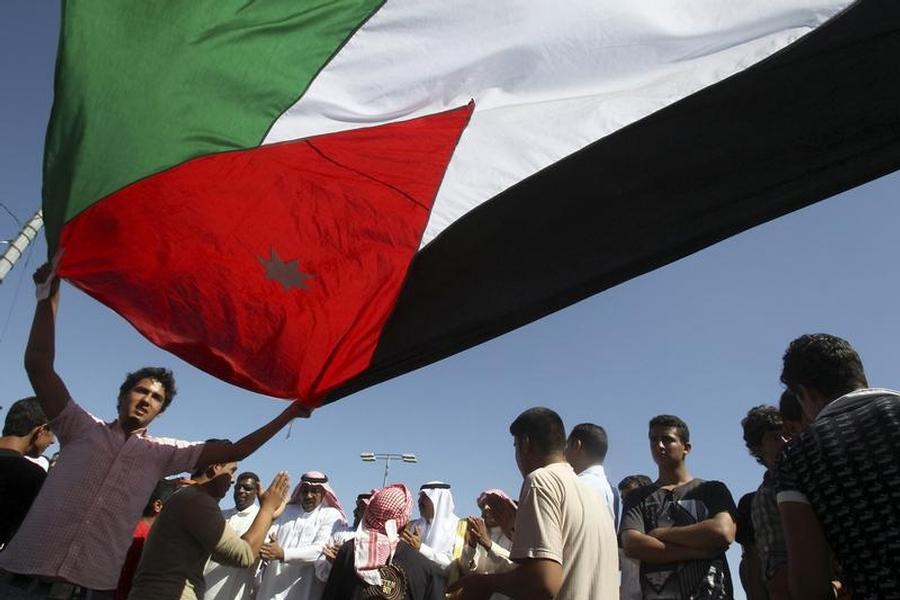Dead Sea (Jordan)– The Arab Foreign Ministers Council will convene on Monday in Jordan to discuss a draft resolution that condemns both illegal Israeli settlements and Iranian interference in Arab countries’ affairs.
Sources told Asharq Al-Awsat newspaper that the draft resolution would be submitted to Arab leaders, who would meet at the Arab League Summit in Jordan on Tuesday.
In this regard, the sources noted that the Hashemite Kingdom was expecting “full Arab attendance” at the Summit, adding that the ministers have stressed their commitment to the 2002 Arab Peace Initiative and the rejection of continuous Iranian interference in Yemen.
They also lauded Saudi Arabia’s efforts aimed at rebuilding the war-torn country, supporting the Yemeni Central Bank and providing humanitarian aid through King Salman Center for Relief and Humanitarian Aid (KSRELIEF).
Arab League Assistant Secretary General for Social Affairs Ambassador Rima Alaeddine said that Jordan has finalized all preparations to host the Arab Summit, adding: “We expect full presence as this stage, a necessity to revive and bolster joint Arab work.”
Meanwhile, inter-Arab trade, customs unity, technological innovation, food security and refugee crisis were amongst the 10 final draft resolutions, which were submitted by the Arab Economic and Social Council to Arab leaders ahead of the summit.
Addressing the opening session the Economic and Social Council ministerial meeting on Sunday, Arab League Secretary General Ahmed Abul Gheit said: “Arab states hosting refugees, who fled war atrocities, deserve our full support and backing.”
The secretary general noted that while “the Arab people represent five percent of the entire world population, 50 percent of world refugees are of Arab nationalities.”
Abul Gheit called on Arab states to assume collective responsibility towards the deteriorating refugee crisis, which he said threatened common Arab future.
“The armed conflicts that have been plaguing our region pose a serious threat to our economic growth. Confronting this threat has become a burden, which makes it incumbent on all countries to join efforts to confront this problem,” he said.
The Arab League chief warned that 29 percent of youth unemployment was one of the region’s biggest challenges.
He told the Arab economy ministers that economic and social issues should take priority at the summit, “because the Arab citizen is economically insecure and his trust in the future is weak.”
In this regard, the secretary general noted that one-third of the Arab world’s population was below the age of 30 and that Arab countries needed to create 60 million jobs in a decade to absorb newcomers into the labor market.
He added that trade between Arab countries remained low, at eight to 10 percent of the total.
For his part, Jordanian Minister of Trade and Industry Yarub Qudah said pan-Arab trade declined by 1.7 percent in 2016.
“The foreign direct investment in the Arab region has seen a sharp drop between 2010 and 2015, by 43 percent, amounting to $40 billion from $70 billion,” the Jordanian minister said in his address at the session.
